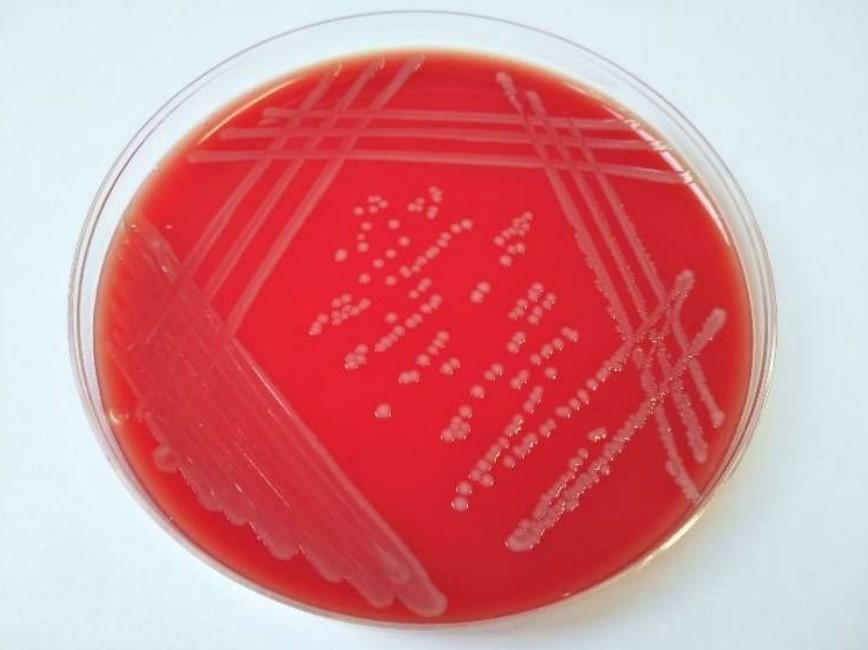
Genetic diversity, host adaptation, and the spread of antibiotic resistance in Pasteurella multocida
Bacterial respiratory diseases are among the sources of the most significant economic losses in large-scale livestock farming. The factors contributing to the wide distribution of bacteria include the development of resistance to antibiotics used for therapeutic purposes, and the ability to adapt to environmental changes. The aim of this project is to investigate the prevalence of P. multocida in Hungary and to characterise and compare some biological properties and the antimicrobial susceptibility of strains isolated from different host species. Successful accomplishment of the goals described here would result in useful information for both basic research and the prevention and therapy of diseases caused by P. multocida.
Pasteurella multocida is a bacterial species with a broad host range. It is a major animal health problem worldwide, and its zoonotic potential is increasingly emphasised. The main goal of the proposal is to investigate the prevalence of P. multocida in Hungary, to expand our existing strain collection with isolates from different host species, and to analyse the strains in detail. The high level of phenotypic and genotypic diversity of P. multocida, the spread of resistance to antibiotics used for therapeutic purposes, and transfers and travels caused by globalisation all contribute to the fact that the number of diseases caused by these bacteria fails to decrease. Moreover, even diseases not observed for a long time have re-emerged in our country. All these reasons underline the need for better understanding the features of P. multocida and monitoring their changes due to environmental fluctuations. After characterising the strains by traditional microbiological methods (biochemical tests, serotyping), the epidemiological linkage between the strains will be established using genetic fingerprinting methods (RAPD-PCR, ERIC-PCR) and multilocus sequence typing. The potential virulence factors of strains from different host species will be compared and the molecular epidemiological marker genes of P. multocida will be identified based on whole genome sequences. The antibiotic susceptibility profile of the strains will be determined, and the genetic background responsible for the development of resistance will be studied in detail. Based on the results of this research the signs of host adaptation and the factors involved in the shift of host species will also be defined.
Jánosi Szilárd, PhD (NÉBIH ÁDI, Budapest, Hungary)